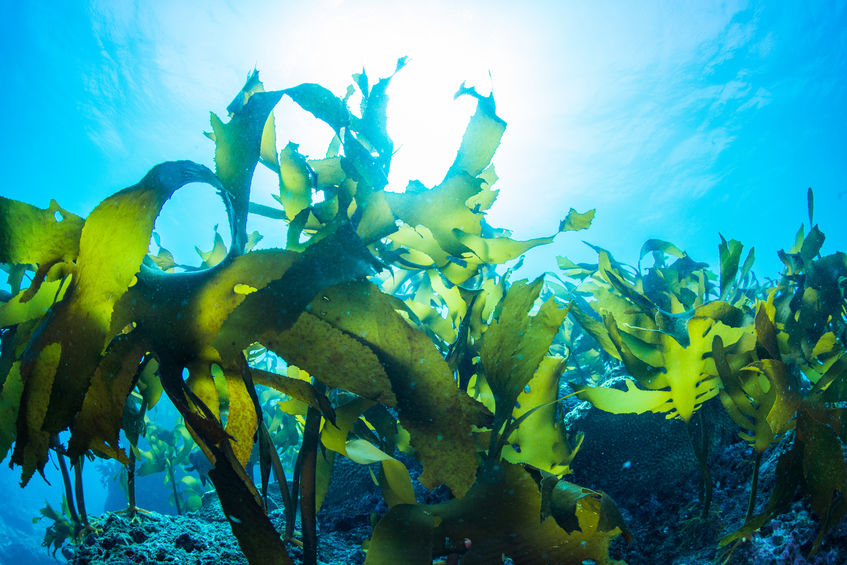Could America’s “amber waves of grain” soon be seen in the Atlantic and Pacific?
Ok, maybe growing whole fields of wheat on an ocean might not be possible, but researchers are looking into creating crops that may be able to thrive with ocean saltwater as opposed to fresh water.
To many farmers, salty soil is the enemy. As populations increase and the demand for food increases with it, farmers around the world are looking for ways to increase production and use farmable land as efficiently as they can. This means the demand for fresh water is also rapidly increasing, which is putting a strain on the water supply in many parts of the world.
But to the scientists at companies like Agrisea, the answer is not necessarily in the land; it is in the ocean.
There are certain plants, such as the black mangrove, that have adapted to thrive in saltwater conditions. The researchers are trying to take the processes these plants use in surviving and adapting the genes of certain crops so that they can also be grown in saltwater.
As reported in Wired UK:
“Agrisea’s proposed method involves first isolating stem cells from crops like rice, then using CRISPR gene editing technology to insert a DNA sequence specialised to the plant. The sequence targets one of eight different genes, each chosen because the only place in nature where all eight are “switched on” is in plants that have naturally adapted saltwater tolerance. The sequence alters how the gene expresses, then stem cells are grown into a full plant that produces its own seeds armed with the newly edited gene. Follow the same process for editing the remaining seven genes, and the Agrisea team says you’ll have a plant that can grow in the salty sea without fertiliser, freshwater, or pesticides.”
In addition to changing the plants so they can thrive in the ocean, some companies are experimenting with changing the farmland by bringing the ocean to the plants.
Seawater Solutions, a company based out of Scotland, is creating saltwater marshes in several places where farmland near coasts has been damaged or degraded.
“…Nyberg’s Scotland-based company Seawater Solutions takes degraded coastal farmland, seeds it with naturally salt-tolerant herbs like samphire and sea blite, then floods the area by removing seawalls or pumping in water from the ocean to create an artificial salt marsh. In this new wetland ecosystem, crops grow without fertilisers, pesticides, or freshwater. They also hold soil in place, preventing erosion, and feed on nitrates and carbon, both of which over-accumulate in waters near human populations…”
To read more about this issue, you can read the full story in Wired UK.
